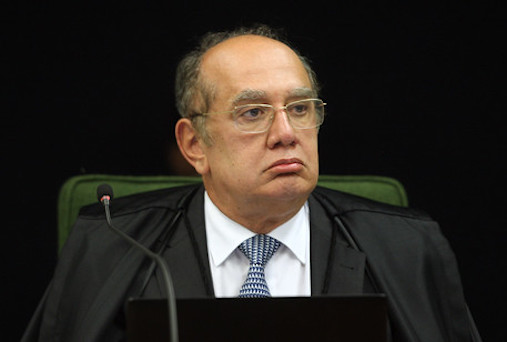
The book is a report about the operation that investigated banker Daniel Dantas, who was arrested in 2008 after being accused of corruption and bribery and released a few days later upon Mendes’ decision, then-president of the STF, the country's highest court.
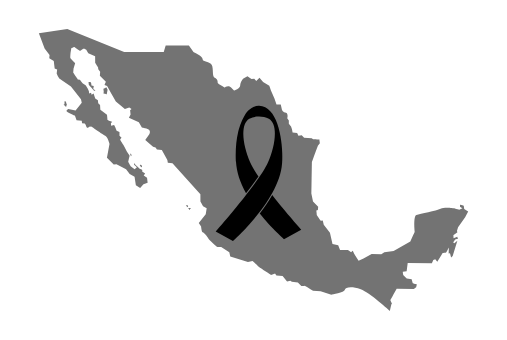
A veteran radio host was killed in the state of Tabasco in Mexico on Feb. 9, making him the second media professional murdered in the country this year.
![The Helicoide building in Caracas, where Billy Six is being held (Damián D. Fossi Salas [CC BY-SA 2.0 (https://creativecommons.org/licenses/by-sa/2.0)], via Wikimedia Commons)](https://latamjournalismreview.org/wp-content/uploads/2020/06/The-Helicoide-building-in-Caracas-where-Billy-Six-is-being-held.png)
German journalist Billy Six, imprisoned in Venezuela since mid-November, began a new hunger strike on Feb. 3 and "demands his immediate release," according to the Venezuelan organization Espacio Público.
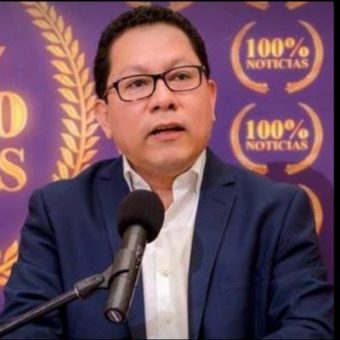
It has been thirteen days since two independent Nicaraguan journalists were arrested as police entered the TV station where they work and forced it off air.
Brazil's president-elect Jair Bolsonaro and some of his allies do not appear to have toned down statements against critical journalism since the election in late October.
After a second and final debate, on Dec. 18, Ecuador's National Assembly approved reforms to the country’s Communication Law (LOC, for its acronym in Spanish), indicated by experts as the most repressive on the continent.
For the past four days, agents from the Directorate of Special Operations (DOP for its acronym in Spanish) of the National Police have occupied the building that houses the newsroom of Nicaraguan news outlet Confidencial, reporting program Esta Semana and interview show Esta Noche.
![The Helicoide building in Caracas, where Billy Six is being held (Damián D. Fossi Salas [CC BY-SA 2.0 (https://creativecommons.org/licenses/by-sa/2.0)], via Wikimedia Commons)](https://latamjournalismreview.org/wp-content/uploads/2020/06/The-Helicoide-building-in-Caracas-where-Billy-Six-is-being-held.png)
Three journalists in Venezuela and a blogger in Brazil are among at least 251 journalists jailed around the world in relation to their work.
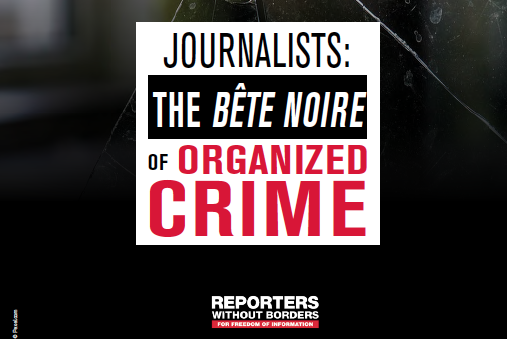
In Latin America in 2018, 10 journalists were murdered by criminal organizations in retaliation for their reporting, according to a new report from Reporters Without Borders (RSF, for its initials in French).
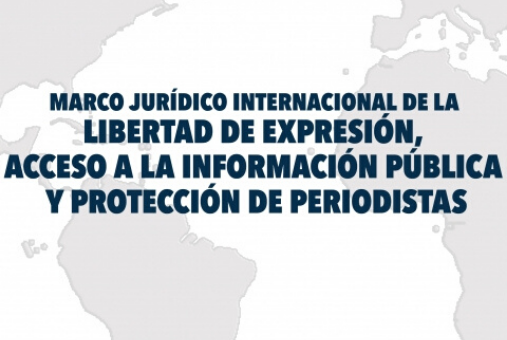
The United Nations Educational, Scientific and Cultural Organization (UNESCO) and the Office of the Special Rapporteur for Freedom of Expression of the Inter-American Commission on Human Rights (IACHR) and the Knight Center for Journalism in the Americas of the University of Texas at Austin are pleased to announce that applications are open for the course "International Legal Framework of freedom of expression, access to public information and protection of journalists."
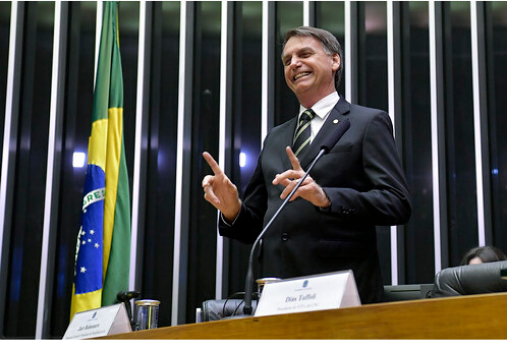
A presidential candidate, soon-to-be president-elect, launches repeated attacks on press outlets critical of his proposals and his actions, accusing everything he does not like of being false.
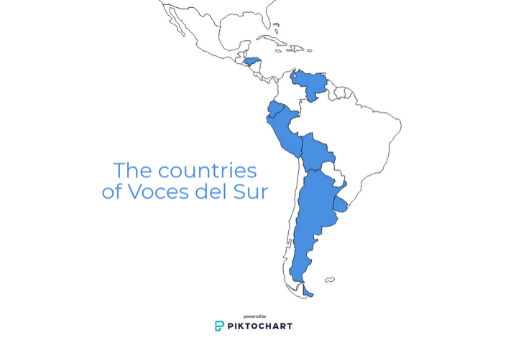
United not only by cultural and geographical similarities, but also by the type of problems that their countries face politically, economically and socially, seven journalistic organizations have formed the Voces del Sur alliance to systematize the monitoring freedom of expression in their countries.